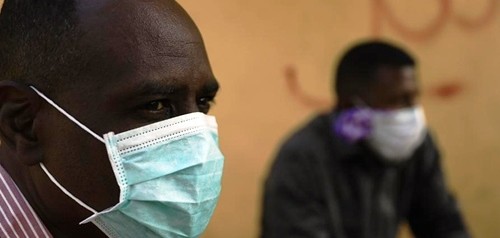There are so many stories circulating about the novel coronavirus, it’s hard to tell what’s fact or fiction.
Here’s what the most credible body — the World Health World Health Organization — knows about the new virus.
Exposing yourself to the sun or to temperatures higher than 25C degrees DOES NOT prevent the coronavirus disease (COVID-19).
You can catch COVID-19, no matter how sunny or hot the weather is. Countries with hot weather have reported cases of COVID-19. To protect yourself, make sure you clean your hands frequently and thoroughly and avoid touching your eyes, mouth, and nose.
You can recover from the coronavirus disease (COVID-19). Catching the new coronavirus DOES NOT mean you will have it for life.
Most of the people who catch COVID-19 can recover and eliminate the virus from their bodies. If you catch the disease, make sure you treat your symptoms. If you have cough, fever, and difficulty breathing, seek medical care early – but call health authorities by telephone first. Most patients recover thanks to supportive care.
Being able to hold your breath for 10 seconds or more without coughing or feeling discomfort DOES NOT mean you are free from the coronavirus disease (COVID-19) or any other lung disease.
The most common symptoms of COVID-19 are dry cough, tiredness and fever. Some people may develop more severe forms of the disease, such as pneumonia. The best way to confirm if you have the virus producing COVID-19 disease is with a laboratory test. You cannot confirm it with this breathing exercise, which can even be dangerous.
Drinking alcohol does not protect you against COVID-19 and can be dangerous.
Frequent or excessive alcohol consumption can increase your risk of health problems.
COVID-19 virus can be transmitted in areas with hot and humid climates.
From the evidence so far, the COVID-19 virus can be transmitted in all areas, including areas with hot and humid weather. Regardless of climate, adopt protective measures if you live in an area reporting COVID-19. The best way to protect yourself against COVID-19 is by frequently cleaning your hands. By doing this you eliminate viruses that may be on your hands and avoid infection that could occur by then touching your eyes, mouth, and nose.




